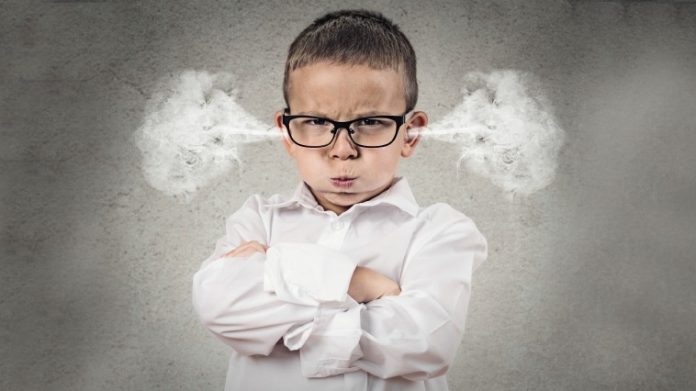 Anger and sadness are both part of life and new research shows that experiencing and accepting such emotions is vital to our mental health. Attempting to suppress thoughts can backfire and even diminish our sense of contentment.
Anger and sadness are both part of life and new research shows that experiencing and accepting such emotions is vital to our mental health. Attempting to suppress thoughts can backfire and even diminish our sense of contentment.
As parents, anger and sadness are pretty much all we deal with every day, with our little ones. Anger over a playdate that went wrong, a cup that was supposed to be purple but you handed them the green one instead, anger over how bedtime always comes too soon; or even when matters get a little more serious, as in life’s disappointments and broken hearts.
However, it seems that somewhere in our culture, negative emotions have been banned and shunned. We cannot feel them, talk about them or show them. Therefore, as parents, we try our best to teach our kids the same notions we know and practise regarding those negative emotions. We teach them to feel guilty or ashamed about what they (and we) perceive as negativity. This reaction stems from our culture’s overriding bias toward positive thinking.
Although positive emotions are worth cultivating, problems arise when people start believing they must be upbeat all the time.
As a mother of a five-year-old, I have witnessed many meltdowns at supermarkets, on aeroplanes, in cafes and parks. I know that look everyone gives you. The look that can send you home feeling like the worst parent of the year. The one that will make you scoop up that child of yours, and run back to the safety of your own home. Yes, I am familiar with it. Yet, I must say, it doesn’t intimidate me much.
I rather teach my child that it is OK to scream, to cry his lungs out, to roll on the floor, if his emotions become so overwhelming that he, himself, can’t control them. I would rather walk with him on this difficult path, let him know that I am here if he needs me, but let him face all those ugly emotions that he is dealing with, instead of suppressing them and making him feel even worse about himself.
Once all the negativity is out, the child WILL calm down and he will run to the safety of your arms. He is no longer confused, scared or ashamed, he is confident and more in control. He is also ready for you to explain to him all that he needs to hear, the disciplinary talk you want to give, the guidance and advice. He is like a clean slate, ready to be filled with all the information that will allow him to do better next time. Because all the ugly feelings are out, leaving space for positivity to take place.
To children, emotions are this strange territory, that, as scary as it may seem – both to us as parents and to them – they need to explore and know about, in order to have a healthy emotional development, which will blossom into confidence, and self-assurance in the future – qualities that are vital to their wellbeing and success. So, the next time you face a meltdown, let him be, and be there for him. Don’t you worry about those dirty looks, because you are actually giving him the best gift ever: TRUST.


































